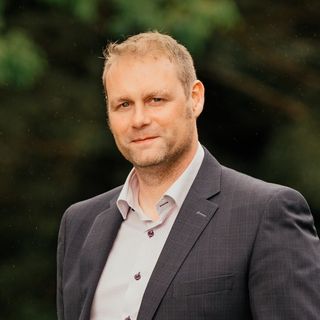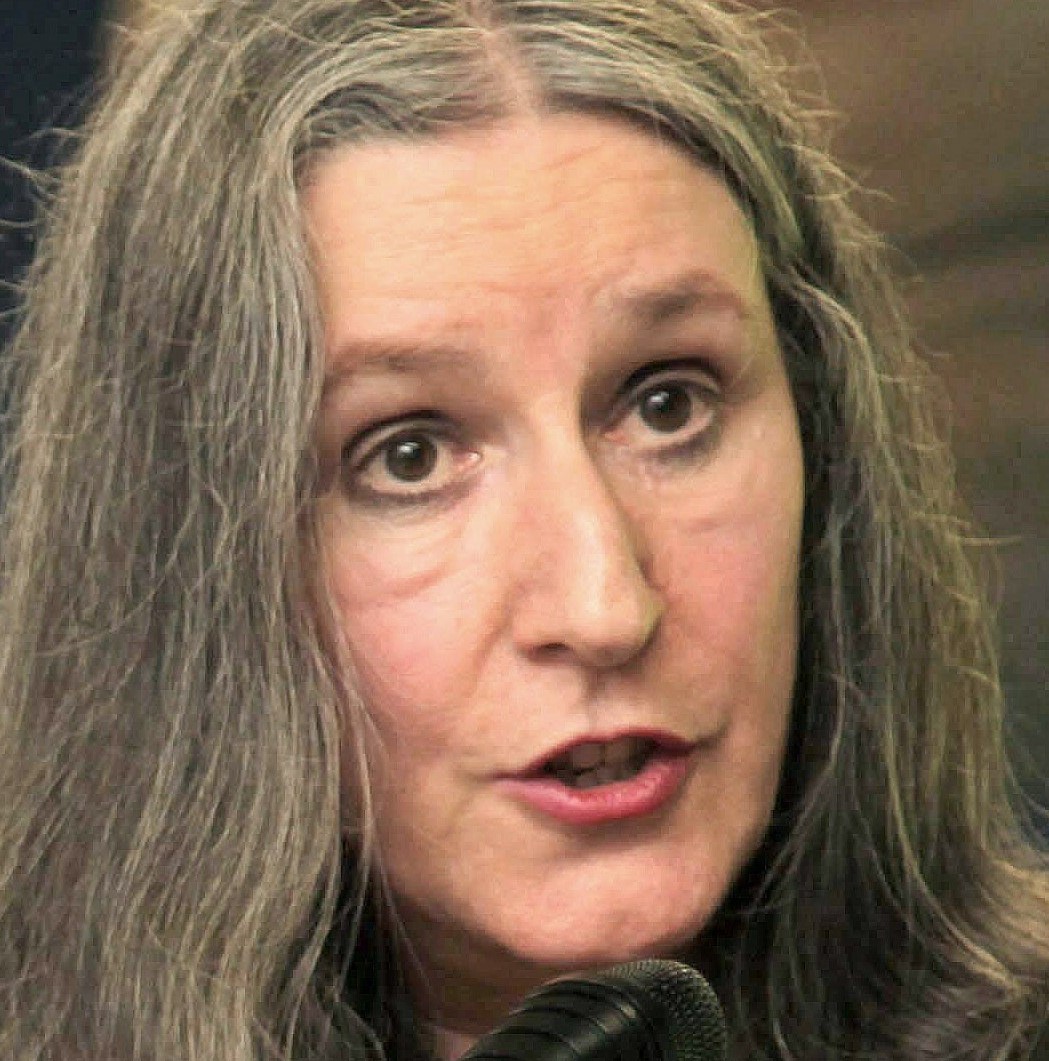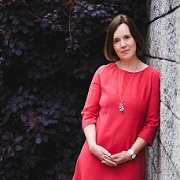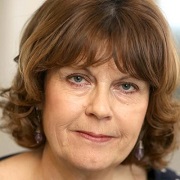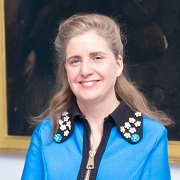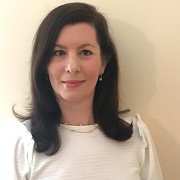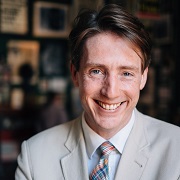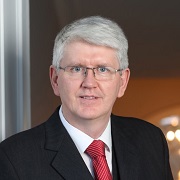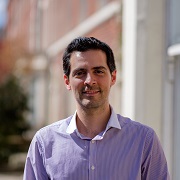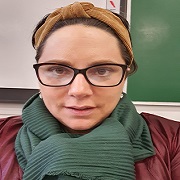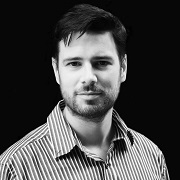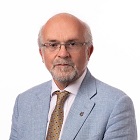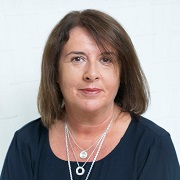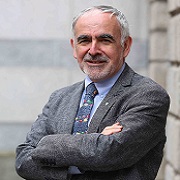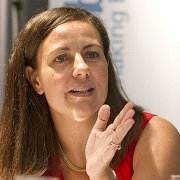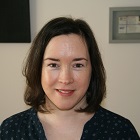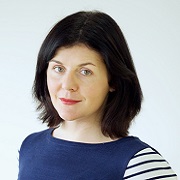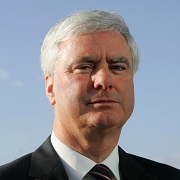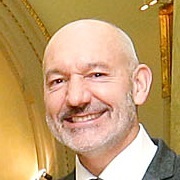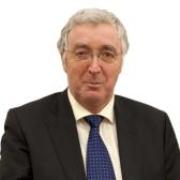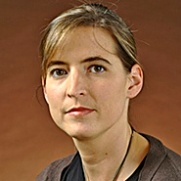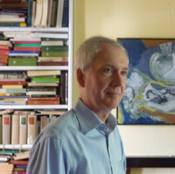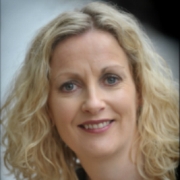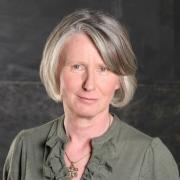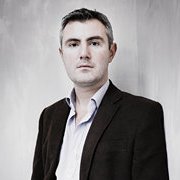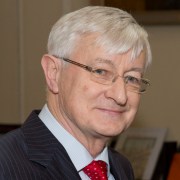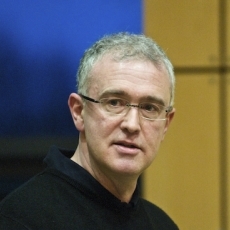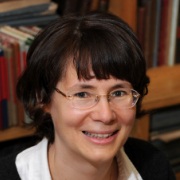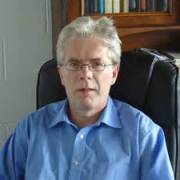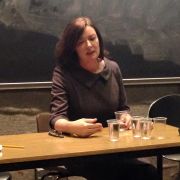My life has been shaped and enriched by history, literature, theology, political philosophy, and the arts – disciplines that are included, with others, in the broad term ‘the humanities’. A little autobiography helps to illustrate the role played by these disciplines. I studied for the degree of Modern History and Political Science at Trinity College, Dublin under the late Professor T.W. Moody. This exposed me not only to the wide sweep of history but also to the rigorous examination of sources when writing history. I have built on this learning not only in writing and publishing historical articles and books but in each of the varied positions I have held outside the groves of academe. In my degree studies the late Professor Basil Chubb and the late Dr. David Thornley provided a solid introduction to political studies and to the Irish political system.
A combination of the historical skills and values embodied by Moody and the contemporary political analysis conveyed so passionately by Chubb and Thornley – practitioners as well as academics – equipped me to undertake a wide range of future roles. These have included youth work as Education Officer and then Chief Executive of Macra na Feirme, public service as Advisor to the Minister of State for Youth Affairs, healthcare as Director of the Adelaide Health Foundation and Adelaide Lecturer in Health Policy, Trinity College, and Director and later President of the National Bible Society of Ireland. Along the way I served as President of the National Youth Council of Ireland and Chair of The Wheel, the co-ordinating body for the community and voluntary sector. I am currently Lay Leader of The Methodist Church in Ireland, 2016-2018.
I have no doubt that the preparation in the humanities was vital in all these positions. The skills of analysis, the assessment of evidence, the awareness of wider and more vital realms of human experience than that encompassed by empirical science and the ability to go on learning from many disciplines through life are what, it seems to me, are amongst the benefits of the humanities. In particular, the humanities provide access to vital knowledge not accessible to scientific empiricism – issues of human meaning, appreciation of, and insight into, what is essential to human flourishing such as the centrality of love, beauty, and the quality of human relationships characterised by equality, solidarity and freedom. I have enjoyed life-long learning from the humanities in doctoral studies, in postgraduate degree studies for Masters in Health Services Management, and Diplomas in Education and in Biblical and Theological Studies.
Seamus Heaney in his essay, ‘Burn’s Art Speech’, suggests that transcending ‘the deeply binary nature of Ulster thinking about language and culture’ involves trying ‘to establish a plane of regard from which to inspect the recalcitrant elements of the situation and reposition ourselves in relation to them’; he says ‘that plane, I believe, can be reliably projected from poems and poetry’. I would go further and claim that all of the humanities provides us with ‘planes of regard’ to inspect the ‘recalcitrant elements’ of our contemporary neo-liberal culture and ‘re-position ourselves in relation to them’. Never was this more essential to humankind than in the twenty-first century.



